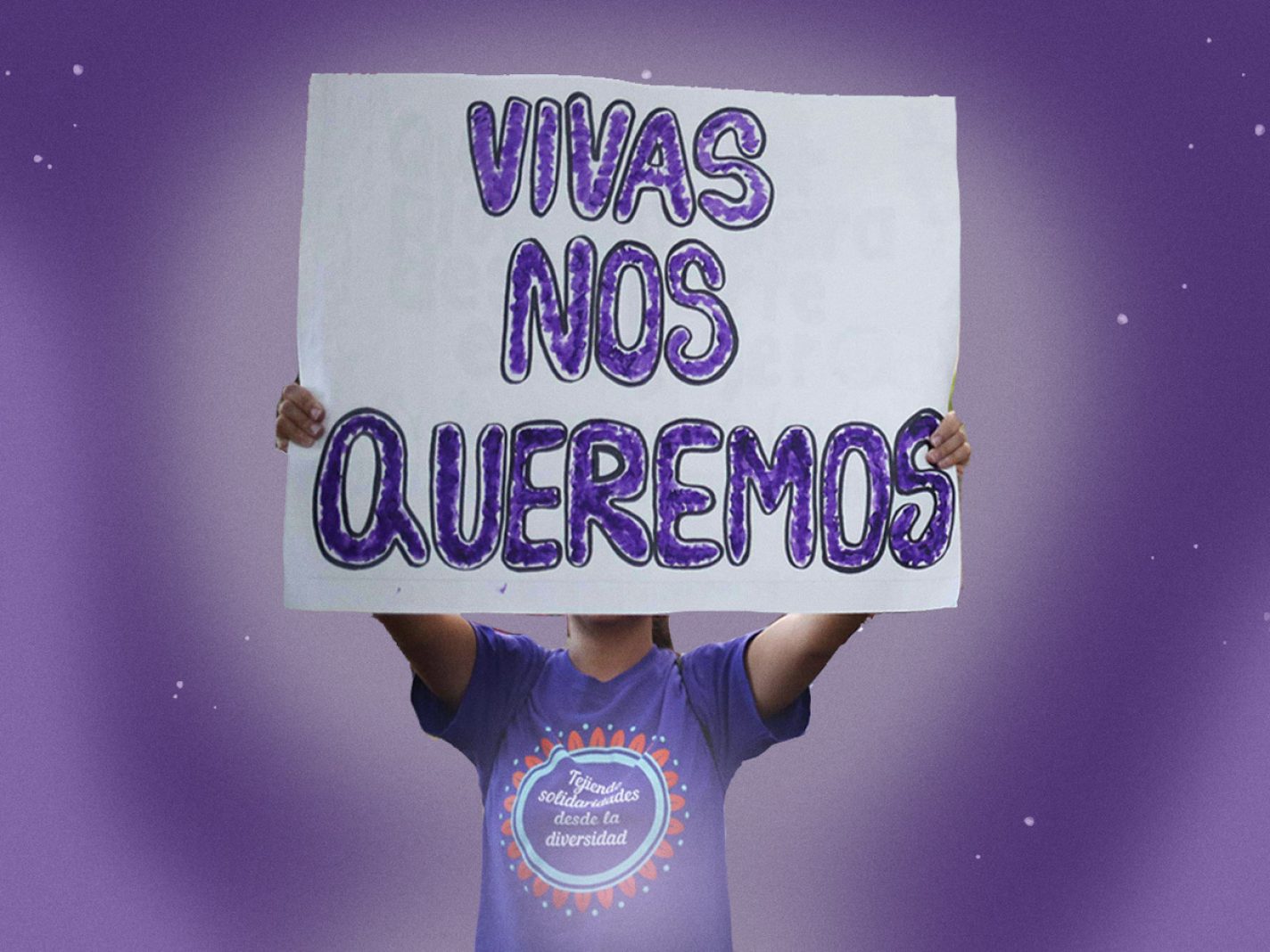In 2020 alone, at least 21 women and girls have gone missing in Puerto Rico, and 29 women have been killed. Yesterday #NiUnaMenos began trending after a Twitter account, @FeminicidioPR, shared the data, and the conversation—which doubles as a campaign to alert women and femmes—continues today.
In fact, the issue of gender-based violence on the island is one that’s ongoing. Three years ago, feminist activists of the Colectiva Feminista en Construcción held a weekend-long demonstration outside the Governor’s mansion in Old San Juan: Protestors demanded a state of emergency be declared due to the high rates of femicides. No positive action was taken by then-Governor Rosselló.
But some Puerto Ricans speculate that a new something—maybe sex trafficking—is at play here. There is no way to corroborate this as yet. Still, the worry is pervasive.
Wildly rampant in Puerto Rico is a culture of machismo. The same can be said for many other Latinx countries with high rates of femicides, like Mexico, and in reality, it’s rampant throughout the world.
In Puerto Rico, the most recent attempt to educate younger generations about gender and equality through programming in public schools was foiled. Gov. Alejandro García Padilla implemented this measure in 2016, but soon after his successor, Gov. Ricardo Rosselló, assumed the position the following year, it was eliminated altogether.
Current Gov. Wanda Vázquez has yet to reinstall this into school curriculums, despite the pleas of multiple feminist groups and activists. The call for a state of emergency continues, too—again, with little to no action taken.
The comments on local news stories about femicides and the disappearances of women and girls make for a disheartening read. Machismo isn’t only about direct sexism and violence toward women; it also includes victim-blaming, judging women for their choices (as if they somehow merit the violence they receive), and more. All of the aforementioned are connected, all contributing to the gender-based violence that, without widespread action, will not subside in Puerto Rico.
During last week’s gubernatorial debate, the subject of femicides and gender-based violence was not broached with many constructive strategies; that several candidates addressed it primarily as a discourse, as if gender perspective is an ideology to be questioned, prevented much discussion of possible routes to progress.
